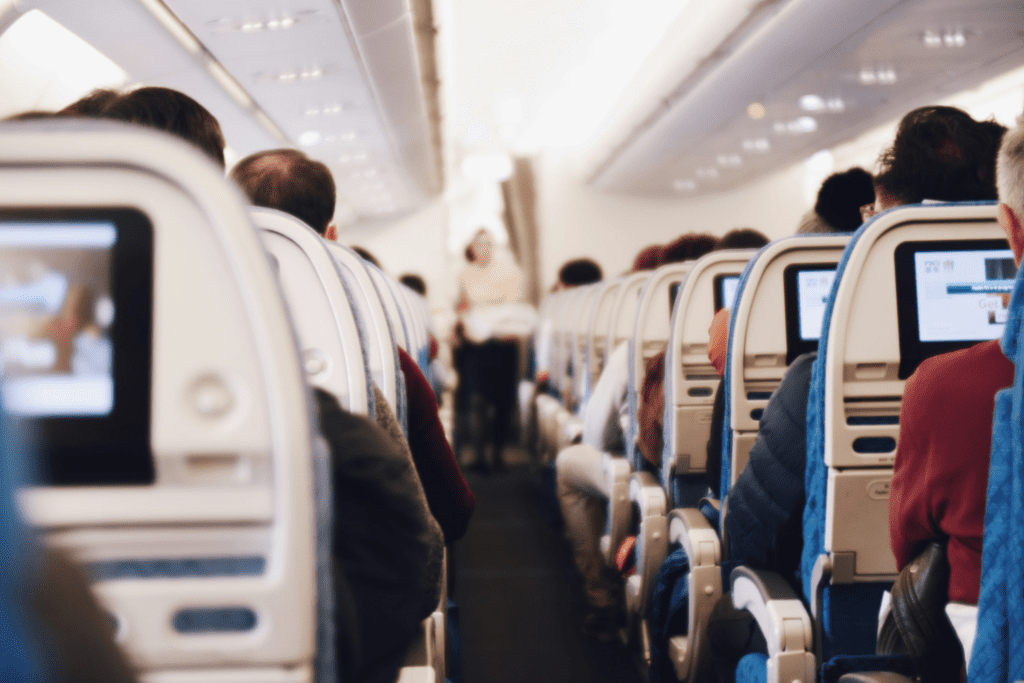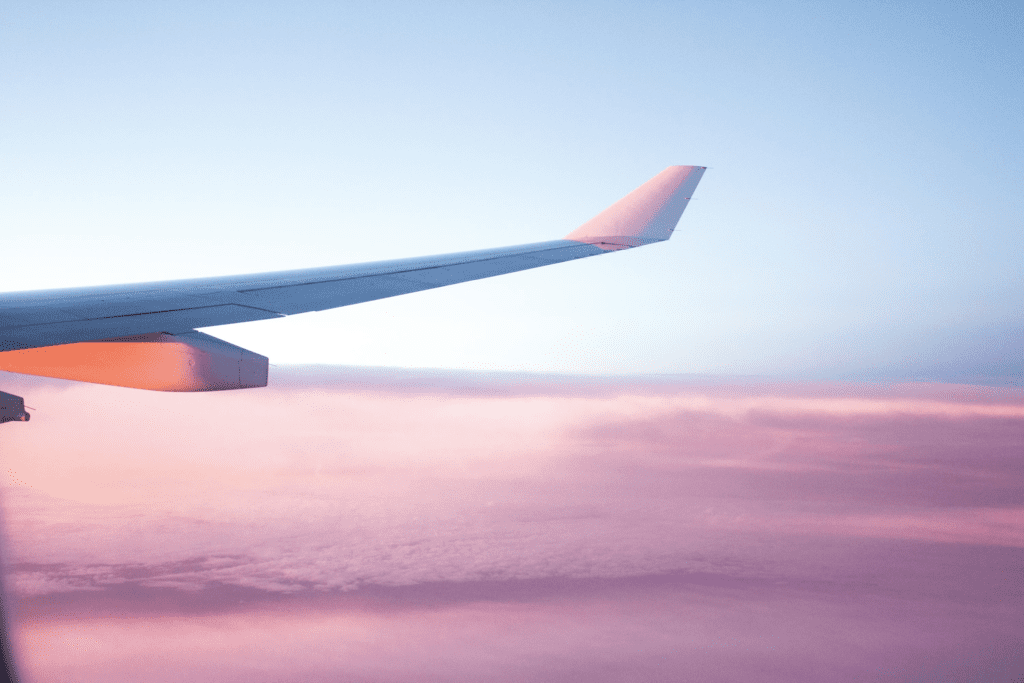Wizz Air’s €499 “all you can fly” deal is working hard for attention. Still, it cannot obscure the carrier’s deeper problems. Once a star of European aviation, Wizz Air is under pressure from its tumbling share price, war-related challenges, and some dubious decisions. The new deal comes with so many caveats as to render it of limited appeal.

One budget airline, Wizz Air, was once heralded as the “last great growth story in European aviation.” The carrier this week unleashed its €499 “all you can fly” pass, complete with seat-back television, in a bid to grab headlines and build interest. But behind the gimmicky offer is the tale of deeper struggles that no discount can gloss over.
Wizz Air’s share price has plummeted from £55 in 2021 to only £12.36 today, nearly at its lowest since the carrier floated on the London Stock Exchange almost ten years ago. It has been through much better times, and whatever is happening now is quite far from the magic carpet ride it was.
It wasn’t that long ago when Wizz Air seemed invincible. As recently as three years ago, Wizz Air was on the record with the bravado to bid for easyJet, one of its competitors. EasyJet would reject and then walk away in what felt like an instant, but then Wizz Air was by a country mile the larger of the two. Wizz Air was worth £5 billion compared to easyJet’s £3.25 billion. Today, EasyJet is worth £3.4 billion while Wizz Air’s value has shrunk to only £1.1 billion.
So what went wrong for Wizz Air? It had some bad luck. The war in Ukraine, which has continued grinding on, hit the airline hard as its main market is Central and Eastern Europe. The conflict has overwritten many of its routes and made operations more difficult. If that is not enough, a recent problem with its engine supplier, Pratt & Whitney, has forced Wizz Air to ground some of its planes. Although the airline is expecting compensation, it will be too little to jog the costs of leasing replacement aircraft or disruption to its schedules. This has in effect brought down Wizz Air’s operating profit in the last quarter from €80 million to €45 million.
Not all bad luck, Wizz has made some costly errors. As oil was selling cheap because of the pandemic, the airline did not hedge against a future rise in the cost of aviation fuel. That backfired after Russia’s invasion of Ukraine sent oil prices rocketing and it had to scramble for a new plan.
There was hubris too. Just as the airline industry started a stuttering revival after the COVID-19 pandemic, Wizz Air unveiled ambitious growth plans that extended west into new markets across Europe. This put the airline in direct competition with Ryanair, one of the most hostile of competitors with a proud reputation for relentless pricing. The reaction from Ryanair was inevitable, and it took Wizz Air little time to begin feeling the pressure.

“Some experts think that more trouble is on the horizon. Barclays aviation analyst Andrew Lobbenberg says Wizz Air will issue another profits warning soon and that the airline needs to scale back growth ambitions and even pull out of the Middle East. He also recommended the canceling of a large order of Airbus A321XLR aircraft, integral to Wizz’s Air’s expansion plans.”. These flights were to allow the airline to access new markets, including, in the future, possible routes to India. Yet with these planes, Lobbenberg sees no obvious markets where Wizz Air’s ultra-low-cost model can be applied. He has a modest target of £10 for Wizz Air’s share price.
Not everyone takes such a dim view. Bernstein analysts still think Wizz Air can bounce back and set a far more optimistic share price target of £50. But if the airline is to reach share price target of £120 set by its gung-ho CEO, József Váradi, for 2028 in order to award himself a £100 million bonus, that would require nothing short of a miracle.
The strings attached to their new €499 “all you can fly” offer have had many gasping with expectation. Passengers can only book 72 hours before they fly; there’s a booking fee of £8.90 for each flight, and as for baggage, you’ll have to take a sandwich bag at a push—with those caveats, perhaps travelers will end up paying more for their cases than the flights fare themselves. While the deal may attract some flexible flyers, it is unlikely to make up for the airline’s more significant challenges.

In short, though the flashy promotion of Wizz Air might be to draw people’s attention, it most definitely will not divert people’s attention away from their intrinsic problems in the airline. Be it bad luck or bad judgment, Wizz Air has a lot on its plate to recover from.


